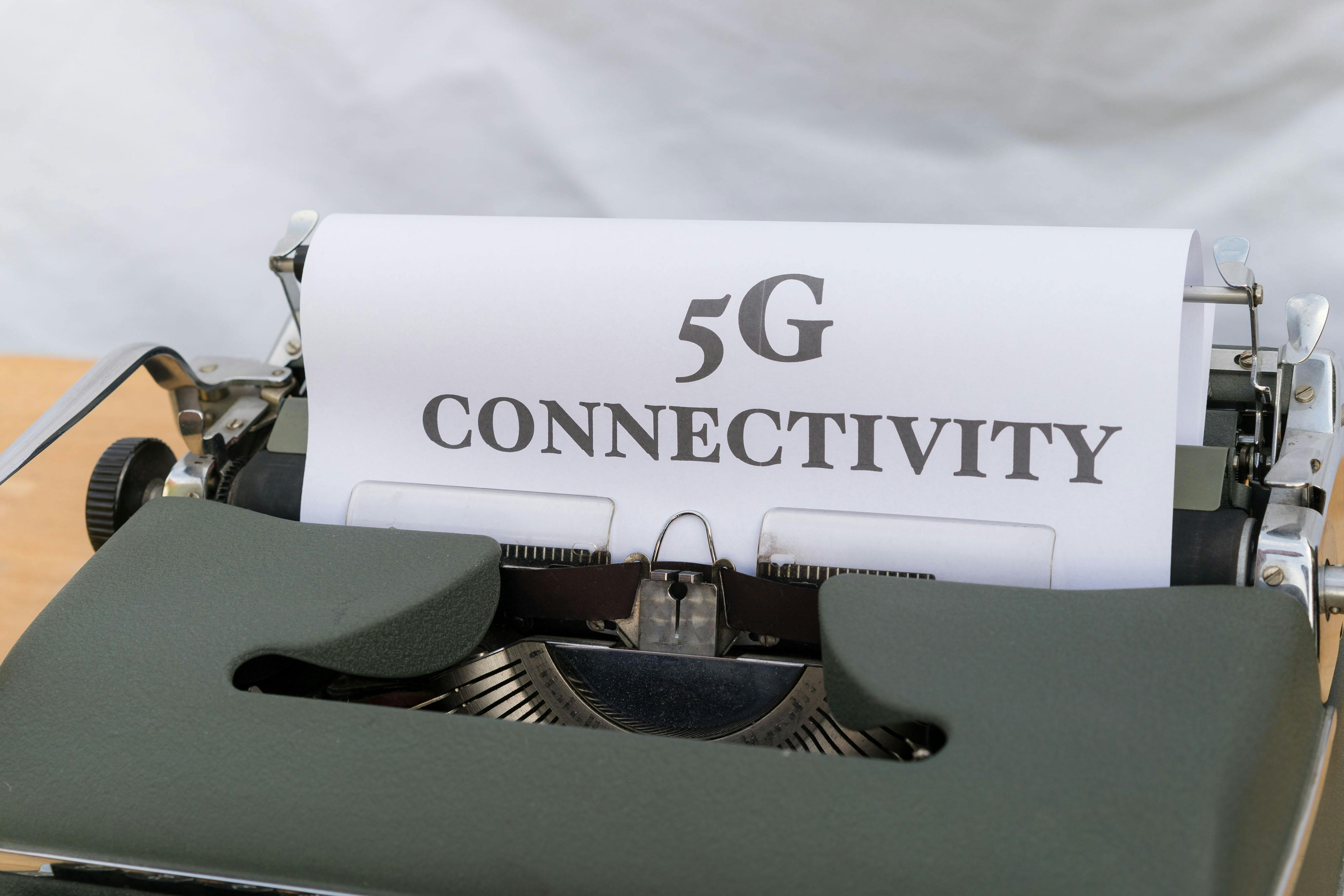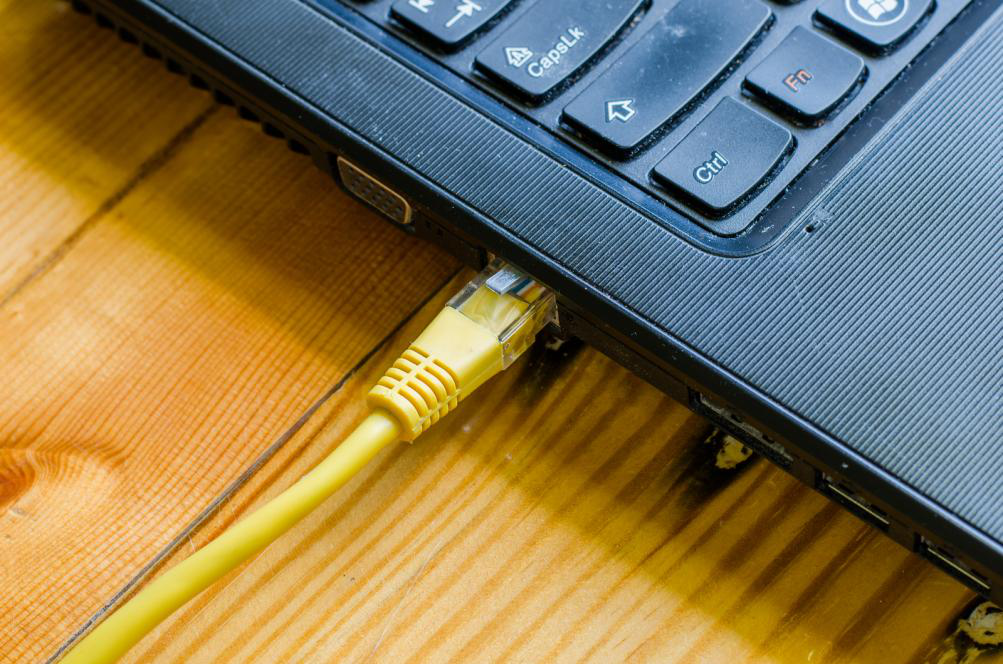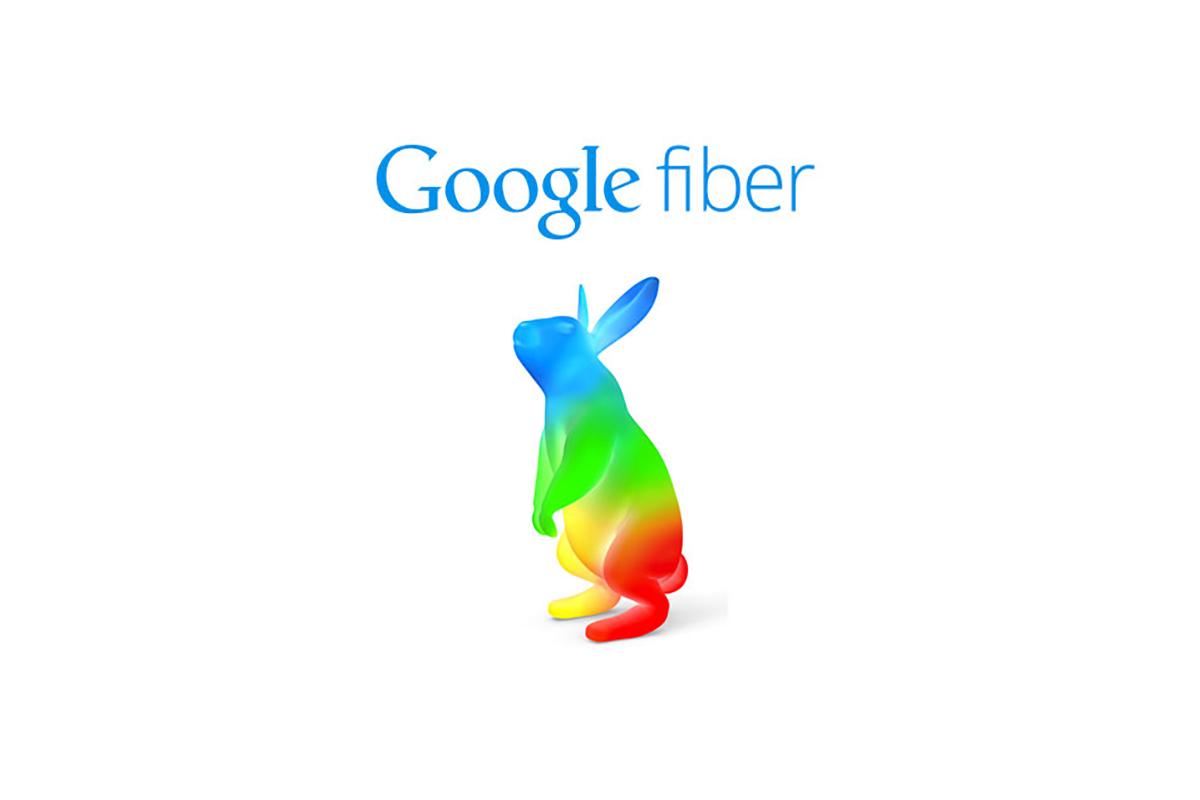5G Home Internet Providers: Everything You Need to Know
With the rapid expansion of 5G technology, home internet options have reached new heights in speed and convenience. 5G home internet is revolutionizing connectivity by delivering broadband speeds over cellular networks, providing a viable alternative to traditional fiber or cable connections. But what exactly is 5G home internet, and which providers offer the best plans? This guide breaks down everything you need to know about 5G home internet, helping you make an informed choice.
What is 5G Home Internet?
5G home internet is a wireless broadband service that uses the latest generation of cellular technology, known as 5G, to deliver high-speed internet directly to homes. Unlike traditional wired services like fiber or cable, 5G home internet provides a flexible solution that leverages cell towers to transmit data to your home. It’s especially useful in areas with limited fiber or cable infrastructure, offering speeds that rival traditional broadband.
How Does 5G Home Internet Work?
5G home internet operates through a fixed wireless connection, which involves transmitting data over cellular networks rather than through cables. Here’s a simplified explanation of how it works:
- Cell Towers and Small Cells: 5G networks use a combination of large cell towers and small cell sites to transmit high-frequency signals, which allows for increased speed and data capacity.
- 5G Modem or Gateway: In your home, a 5G modem or gateway receives the signal from nearby 5G towers. This device converts the signal into Wi-Fi, allowing all your home devices to connect wirelessly.
- Fixed Wireless Access (FWA): Unlike mobile 5G, which moves with your device, 5G home internet uses Fixed Wireless Access (FWA) to provide a stable, high-speed connection within a fixed area—your home.
5G home internet has the potential to deliver speeds similar to fiber, though speeds can vary depending on the provider, network congestion, and signal strength in your area.
How Can 5G Home Internet Be Used?
5G home internet is designed to support a wide range of applications, providing a high-speed and low-latency connection for the following:
- Streaming and Online Gaming: 5G speeds support 4K streaming and online gaming with minimal lag.
- Remote Work and Video Conferencing: With reliable speeds, 5G home internet allows for smooth video calls and remote work applications.
- Smart Home Devices: 5G can easily handle multiple smart home devices, enabling seamless operation across a connected home.
- Rural and Suburban Connectivity: For areas with limited cable or fiber options, 5G home internet offers a convenient, high-speed alternative.
Top 5G Home Internet Providers
| Provider | Max Speed (Mbps) | Pricing | Key Features | Availability |
|---|---|---|---|---|
| T-Mobile Home Internet | Up to 115 | Starting at $50/mo | No annual contracts, unlimited data, router included | Available in select locations |
| Verizon 5G Home | Up to 1000 | Starting at $50/mo | Ultra-fast mmWave speeds, no data caps, free setup and equipment | Available in select locations |
| AT&T 5G Home | Up to 1000 | Pricing varies | No data caps, option to bundle with other AT&T services | Limited to select markets |
| Starry Internet | Up to 200 | Starting at $50/mo | No contracts, flat pricing, high-speed service in urban areas | Available in select cities |
Comparison of 5G Home Internet Providers
Here’s a closer look at what each provider offers, based on speed, pricing, and availability:
- T-Mobile Home Internet: T-Mobile’s 5G home internet service is widely available in urban and suburban areas, offering a straightforward pricing model with no contracts or data caps. It’s ideal for everyday use, though speeds may vary based on network congestion.
- Verizon 5G Home: Verizon’s 5G Home Internet leverages mmWave technology in select locations, providing some of the fastest 5G speeds available. Verizon offers incentives like free setup and equipment, making it a popular choice for those in its coverage area.
- AT&T 5G Home: AT&T’s 5G home service is gradually expanding, offering high speeds and reliability. Customers can bundle 5G home internet with other AT&T services, such as mobile or TV, for added savings.
- Starry Internet: Though not a traditional cellular provider, Starry offers a similar fixed wireless service using high-frequency bands. Known for its flat pricing and no hidden fees, Starry serves select urban areas and focuses on providing simple, reliable internet.
Advantages and Disadvantages of 5G Home Internet
Advantages
- High Speeds: 5G technology can reach speeds comparable to fiber in ideal conditions, especially with mmWave technology.
- No Wires Required: 5G home internet eliminates the need for wired connections, making installation faster and more convenient.
- Availability in Underserved Areas: 5G can offer high-speed internet to areas lacking traditional broadband infrastructure.
Disadvantages
- Coverage Variability: 5G coverage is still expanding, and performance may vary greatly depending on your location.
- Network Congestion: 5G speeds can fluctuate based on the number of users connected to the network at a given time.
- Weather and Obstruction Sensitivity: 5G signals, especially high-frequency mmWave, can be affected by physical obstructions like buildings or trees.
Is 5G Home Internet Right for You?
5G home internet is an excellent choice for those seeking a high-speed, flexible broadband solution without relying on traditional wired infrastructure. It’s ideal for households with multiple users, people in suburban or rural areas without fiber access, and those looking for a contract-free internet option. However, those in densely populated areas may experience slower speeds during peak times.
Related Links
- Verizon vs. T-Mobile 5G Home Internet: Can You Ditch Cable?
- What is 5G Home Internet and Should You Switch?
- Top Internet Providers for Remote Work in 2024
- Best Internet Providers for Gaming in 2024
Conclusion
5G home internet is shaping up to be a revolutionary option in the world of broadband, providing high-speed, flexible connectivity without the need for cables. With providers like T-Mobile, Verizon, and AT&T expanding their 5G home services, more households are gaining access to this technology. Whether you’re in an underserved area or just looking for a modern alternative, 5G home internet could be the solution you need for a connected future.





